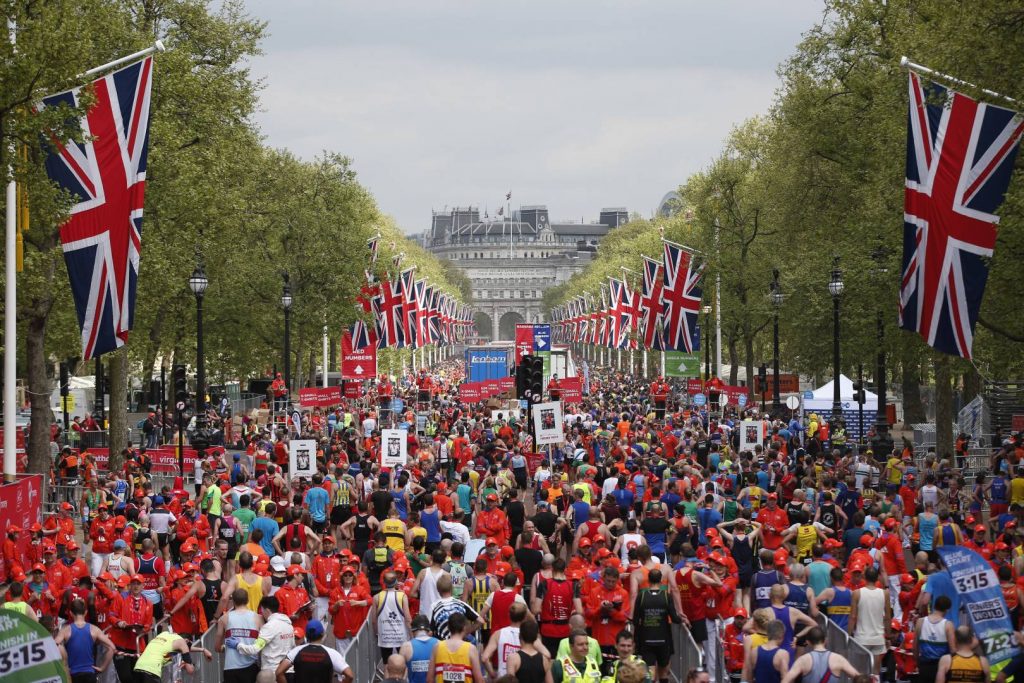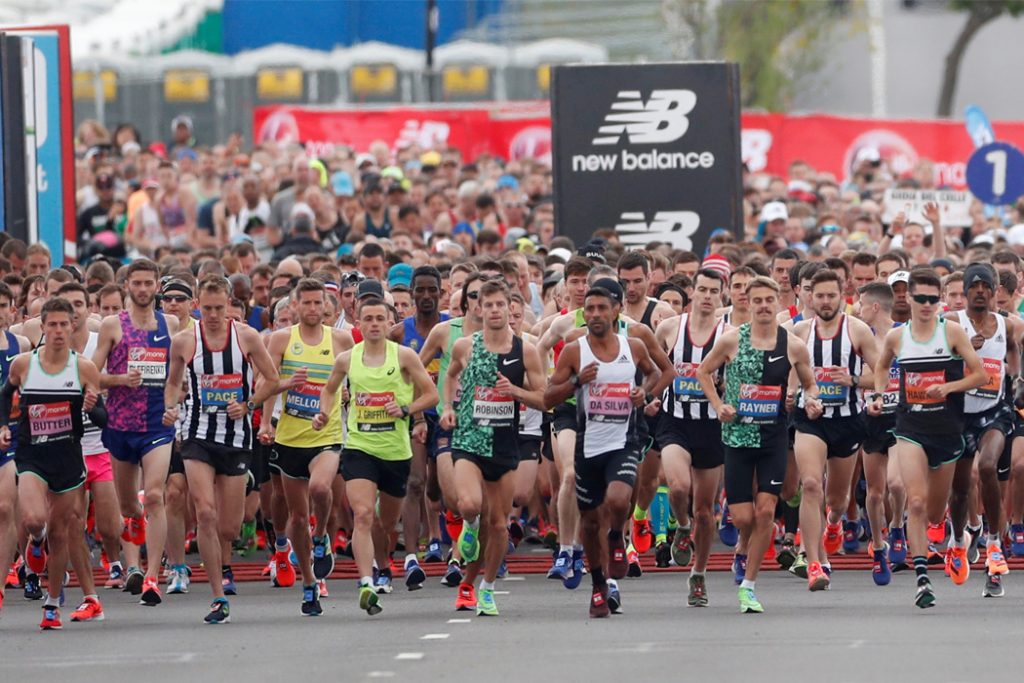The Race Is On: What Outdoor Exercise Sports Events Could Look Like In 2021
February 25, 2021
In our latest Member Insights piece, Nick Rusling, CEO of Human Race, give his thoughts and perspectives on how outdoor events will be able to return following the UK government’s announcement that it hopes to have all coronavirus restrictions within the country lifted by the 21st of June.
Outdoor exercise events are ready and raring to go in 2021. As a unique area under the events industry umbrella, there are a number of key steps that are being implemented to ensure they can go ahead in a Covid-safe environment.
Not only that, but the appetite for such events is strong; they play a critical role in society for charities, which are losing millions without them, as well as in supporting the nation’s mental and physical wellbeing and health. Once full lockdown restrictions are lifted, the industry stands at the blocks, awaiting the starting gun.
The state of play for the charity & events sectors
Outdoor exercise events are a significant part of the charity sector calendar, which are used as a key piece of fundraising. With government guidelines restricting large outdoor gatherings for much of the past 12 months, such events have been cancelled or put on hold.
“Large scale events like the London Marathon generate upwards of £150m to the UK economy, while even smaller-scale events like the Race for Life can generate revenues over £50m per year.”
As such, fundraising income from the 25 biggest outdoor exercise events organised by charities in the UK fell by approximately £100m in 2020. These events have historically been huge for charities, with the biggest raising £142m in 2019. Even sporting events which are not charity-owned, raise millions for charities each year; the London Marathon alone provides over £43 million annually to charities.
For race organisers, over 50% have reported losses of over half of their annual revenue as a result of the cancellation or postponement of events. Meanwhile, the economic impact of such events must not be underestimated either. Large scale events like the London Marathon generate upwards of £150m to the UK economy, while even smaller-scale events like the Race for Life can generate revenues over £50m per year.
The role of outdoor exercise events in society
At present, the UK is facing a growing obesity crisis, with 63% of adults in England overweight or living with obesity, which means making exercise a fun, and accessible, part of people’s lives, is crucial for the health of the country— and for easing the strain on the NHS.
“Parkrun alone claims to have got nearly 40,000 previously inactive people running.”
Many outdoor exercise events market themselves explicitly to those who are less active, ensuring they are accessible and designed for all fitness levels, so that they are fast becoming vital spaces for enabling those less accustomed to regular exercise to become active. Research finds outdoor exercise events tend to motivate people to become more active since they have a longer-term fitness goal; Parkrun alone claims to have got nearly 40,000 previously inactive people running.
As well as that, the impact of Covid-19 on the nation’s mental health is also well-documented, with doctors seeing a surge of mental health cases, particularly in the young. This is why outdoor exercise events will be more important than ever as the UK looks to get back on its feet when lockdown restrictions begin to ease, given the myriad mental health benefits of being active. Exercise can have a profoundly positive impact on depression and anxiety and can relieve stress, improve memory, improve sleep and boost mood.
Appetite for a return
Sportcal reported in September that 96% of past mass sports event competitors have expressed the confidence that they will participate in an event within the first 12 months once lockdown measures are eased, and the desire to compete in such events has remained strong even during lockdown, with over 61% taking part in virtual events.

Outdoor exercise events will thrive in a post-Covid-19 world, following the increase of people becoming active during lockdown. What’s more, there are simple ways that events organisers are already preparing for such a return. A phased return of events will give people the confidence to see they’re being delivered successfully and from there, the industry plans to deliver bigger events. With both space and time available to many organisers hosting such events outside means that people can be spread out in a controlled manner, while separate starting times mean that people will arrive at different times, putting less pressure on public transport.
Such events can be held across a longer time-frame so that participants can be spread out and can take part at a safe distance throughout. Sanitation stations can be erected at regular intervals, and participants can be encouraged to bring and maintain their own water bottle supplies- a practice that will also help events to reduce plastic waste.
“Once full lockdown restrictions are lifted, the industry stands at the blocks, awaiting the starting gun.”
Event planners have also been mapping out the logistics of managing the movement of people at such occasions; implementing simple features like channels can control the flow of people and maintain safe social distances .
The industry hopes smaller scale events to return from April or May, and plans to work alongside stakeholders, venues and local authorities to build confidence in these events and put in place measures to protect residents and control spectator numbers. Industry leaders have decades of expertise in managing such events with a logical and safe approach, and are therefore in the best possible position to bring these invaluable occasions back to society.
The events industry’s ongoing campaign, We Create Experiences, is reassuring businesses, stakeholders and consumers that events can be delivered safely this year, as well as pointing to their economic and social importance to the UK. We therefore look forward to a more active spring and summer in 2021. Together, let’s do it right.
The author Nick Rusling is CEO at Human Race, Chair of 2.6 Challenge and a leader of the MSO Group for the Outdoor Exercise Event industry


